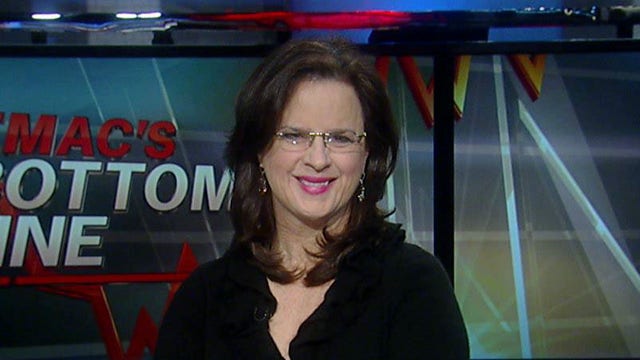Gas-Price Rise Fueled By Taxes
The price for a gallon of gasoline is up 45 cents in the past four weeks. Gas has now risen 33 days in a row, says AAA.
Rising prices come even as the U.S now produces more than half of the oil it consumes, with last year the largest one-year production jump ever. So why the gas price spike?
It’s not just speculators, nor the summer blend switch, nor even refinery logjams.
A big reason: taxes.
Closely-watched crude inventories in the Gulf Coast declined by 12.5 million barrels in December, 50% above the 31-year average, says the U.S. Energy Information Administration, a unit of the U.S. Department of Energy. That drop helped drive gas prices higher, some oil traders say.
But the EIA points out this curious state tax maneuver: “U.S. crude oil inventories typically decline during December as oil companies try to reduce the tax they must pay on the value of their oil holdings,” says an EIA spokesman.
Specifically, December 31 is the day states like Louisiana and Texas, where huge volumes of crude oil are stored, slap state taxes on crude oil stocks. The lower the inventory, the lower the tax bill for oil companies.
“These taxes,” the EIA says, “create an incentive to draw down crude stocks in the region at the end of the year in order to reduce the tax bill. If oil prices have risen during the year, this accounting practice gives companies stronger incentive to reduce inventory because doing so will further limit their tax exposure,” the EIA says.
The EIA’s preliminary data for December 2012 show a drop of more than 12.5 million barrels in the Gulf Coast region, “to approximately 165 million barrels,” the EIA says. “The reason for this sharp decline: December 31 is the typical assessment date for taxes on crude oil stocks that are collected by many states/counties/municipalities.”
So, “to decrease crude inventories,” the EIA adds, “companies can do a combination of the following: delay or decrease imports, increase runs at refineries, move crude oil out of the taxable region, or sell crude oil to other market participants.”
The EIA adds: “Although large crude oil draws can be an indication of demand outpacing supply, the December phenomenon typically does not reflect tightening of the oil market, but rather how companies in the region are taxed on crude stocks.” It says it believes the markets take this tax move into account.
Since January 1981, when the EIA began publishing regional crude stocks data, “Gulf Coast crude inventories dropped by more than 10 million barrels within a single month 24 times,” the EIA says. “Ten of these instances were in December; no other month accounts for more than three occurrences.”
But those tax moves can only work for so long. States are pushing to raise gas taxes more than ever, to fill balance sheet holes blown open by things like government benefits.
Differences in state taxes help cause huge swings in gas prices, ranging from a low of $3.19 a gallon in Wyoming and Montana, to $4.17 in California and $4.28 in Hawaii, says AAA. New York taxes are about 49 cents, the highest in the nation, but the price per gallon is on average $3.99, AAA says.
Transportation funding is a big issue for many statehouses this year. Fourteen states have not hiked their gas taxes in 20 years, while eight states and the District of Columbia have done so since 2008, says the National Conference of State Legislatures.
State officials across the country, from New Hampshire to Wyoming to Washington, now clamor to raise gas taxes. Virginia Republican Gov. Bob McDonnell's is going in the opposite direction -- he wants to repeal the gas tax and instead raise sales taxes. Maryland Democrat Governor Martin O’Malley seeks the same plan, too.
But a big business lobby group supports raising federal gas taxes to pay for the nation’s highways and bridges, as well as similar infrastructure.
The gas tax and other similar revenues pay for the federal Highway Trust Fund, which now sits around an historic low of about $36 billion, with fears this fund could go bust and need a federal bailout.
"The Chamber (of Commerce) supports reasonable increases in gas taxes that are phased in and indexed to inflation," Thomas Donohue, Chamber president, recently told the House of Representatives Committee on Transportation. "From a business standpoint, if you need something that's going to provide a good return, you have to go out and invest in it and buy it," meaning, highways and bridges, Donohue said.




















